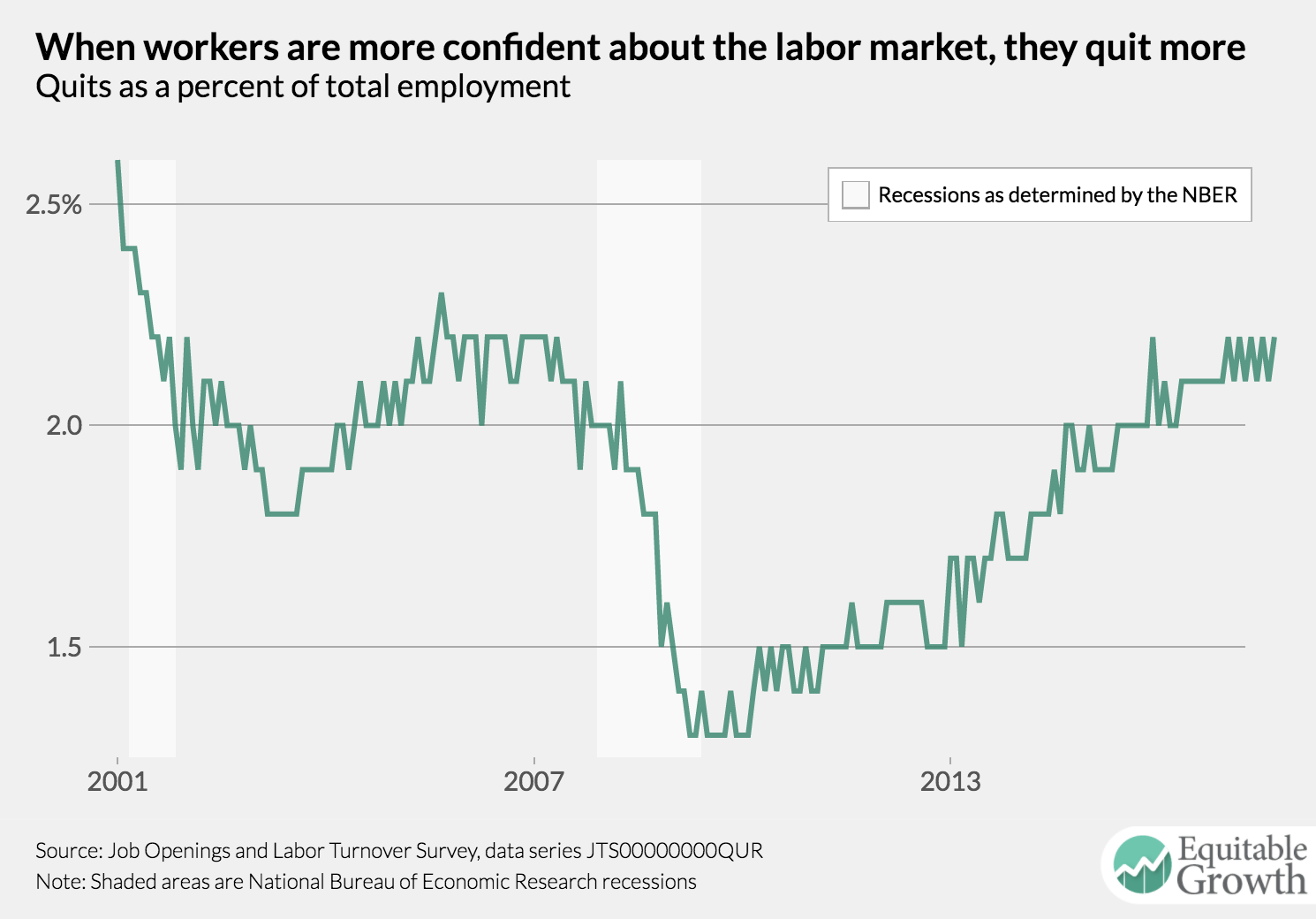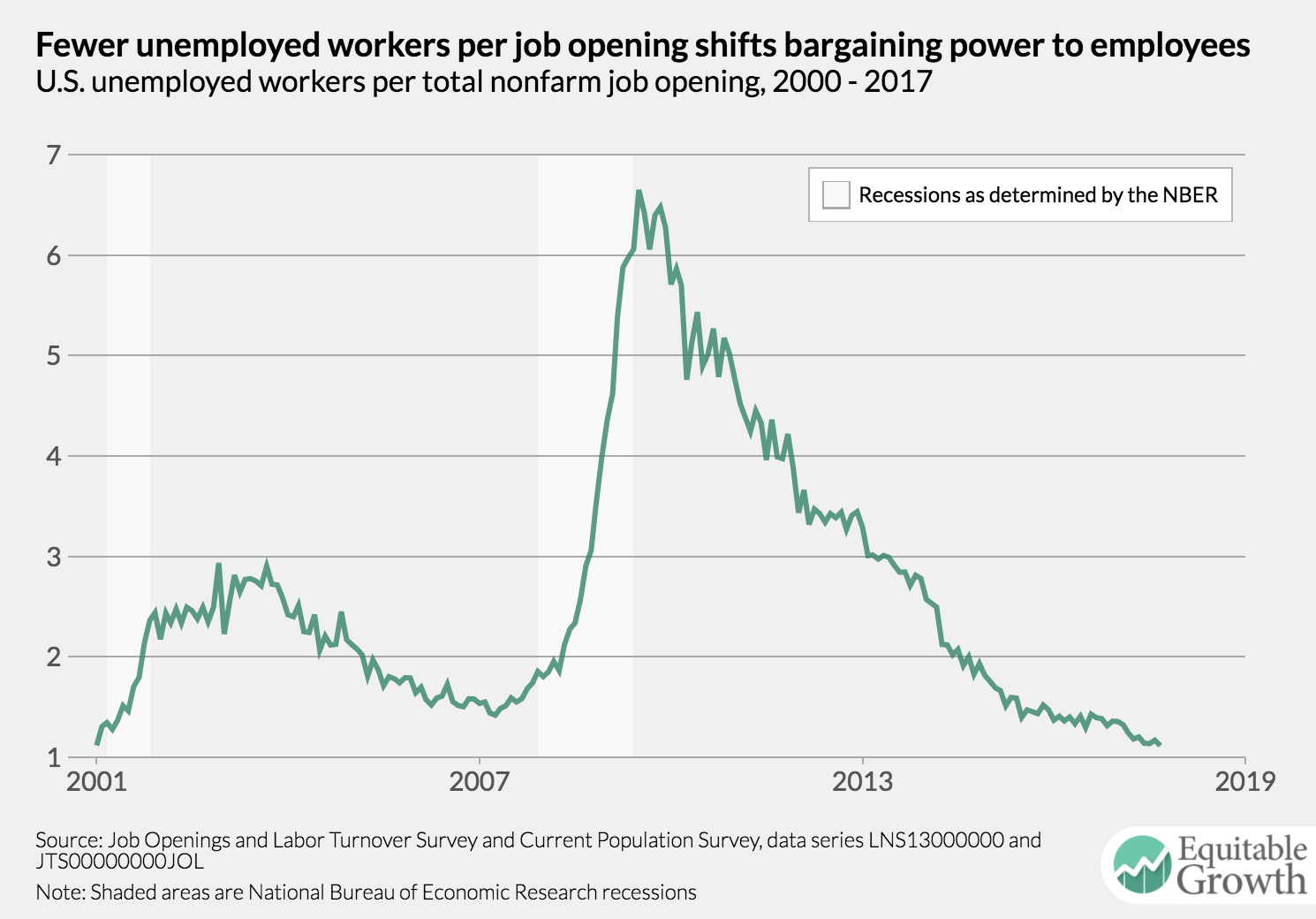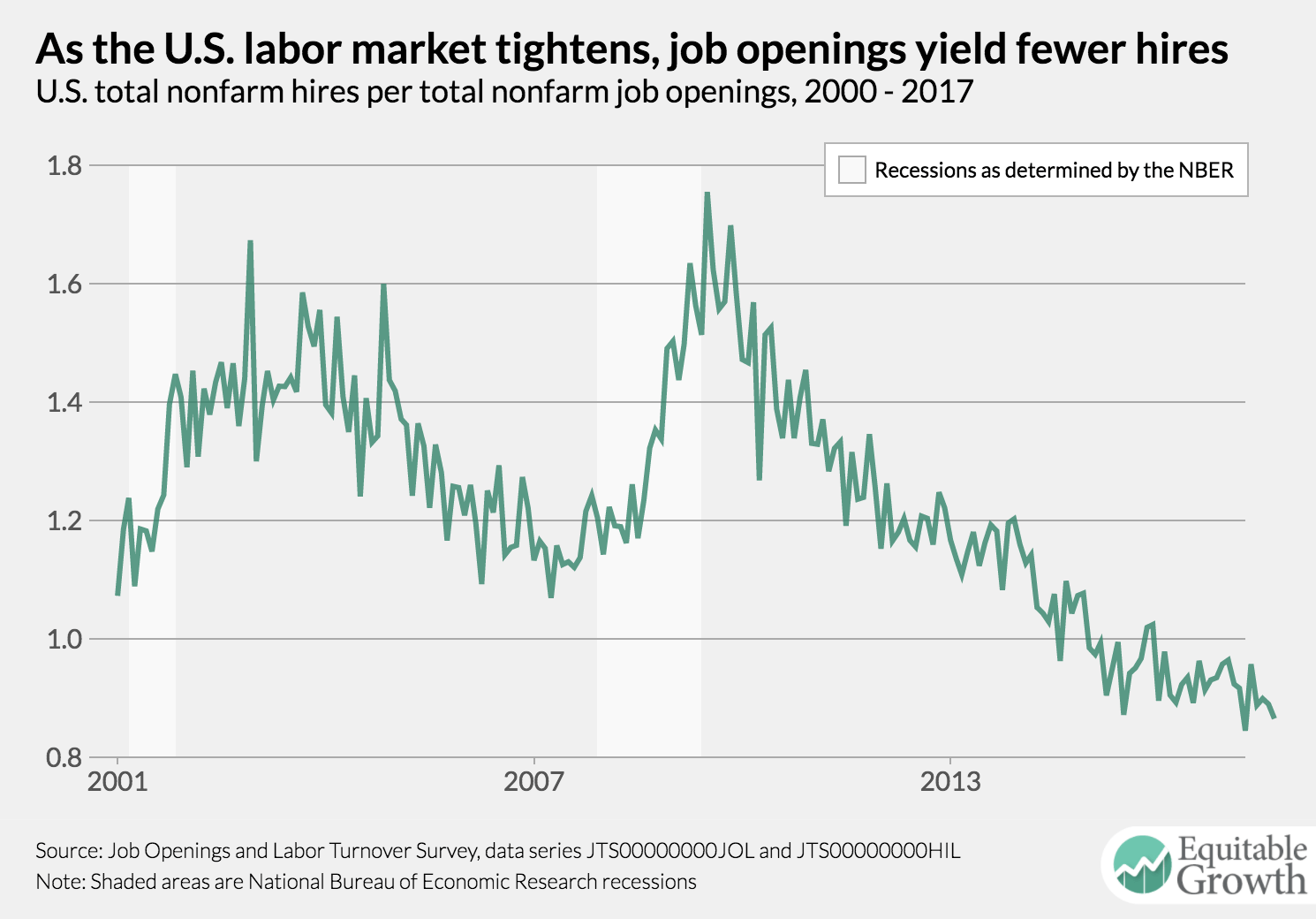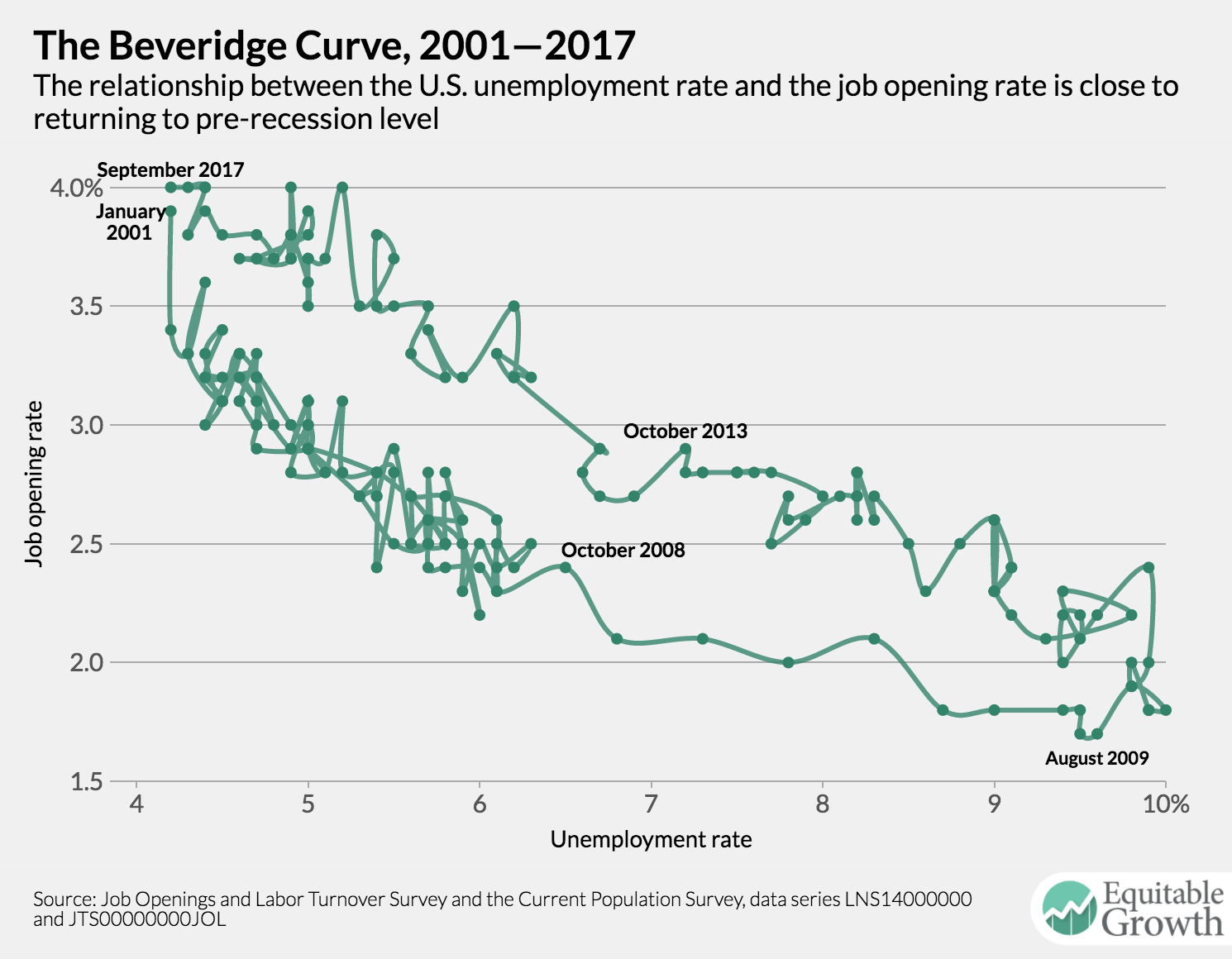Should-Read: I understand that Gerry Baker would probably fire Eli Stokols if he said what he thinks—which is that Trump does not know enough about either the House or the Senate tax strike cut for idle rich people bill to be “wedded” to it or for it to be “fully backed” by him or for him to be able to judge whether it would or would not be “fully popular”. The lead should be: “Once again, President Trump disheartened both his aides and his audience by making it very clear that whatever briefings he was given had not sunk in at all…”
And I do not think it is good for Eli Stokols in the long run for him to trade his reputation for cash by not having that be the proper lead:
Eli Stokols: Trump Says Democrats Will Like Senate Tax Plan More Than House Version: “President Donald Trump moved to assuage centrist Democratic senators’ concerns about the House Republican tax overhaul by telling them the Senate version will be more to their liking…
…The comments risk complicating Republican efforts to present a united front on both the Senate and House versions of the tax bill to keep it on track…. His comments could fuel doubts among lawmakers about how wedded he is to that version. Many GOP lawmakers in competitive districts already have concerns about supporting the bill, and could balk at being asked to cast a politically risky vote on a plan that may never become law. “I don’t think that’s the president’s bill,” said Sen. Joe Manchin (D., W.Va.) about the House tax bill, speaking after the meeting. Asked if the Senate bill would be the plan fully backed by the administration, Mr. Manchin responded, “we haven’t seen it yet” to know….
The GOP is eager to avoid a replay of the failure of Congress to get a health-care overhaul bill to Mr. Trump’s desk…. National Economic Council Director Gary Cohn echoed Mr. Trump… “Don’t get too hung up on the House bill,” Mr. Cohn said….
Shortly after the meeting began, Mr. Cohn stepped out of the room after receiving a call on his cellphone. When he returned minutes later, he announced that he had the president, then in Seoul, South Korea, on speaker phone. Amid 10 minutes of wide-ranging comments—people in the room say he outlined the itinerary of his trip to Asia and expressed to Democrats his desire for filibuster reform because it’s “terrible” for Republicans—he addressed the tax overhaul, urging Democrats to get behind legislation that he said would be “very popular”…




